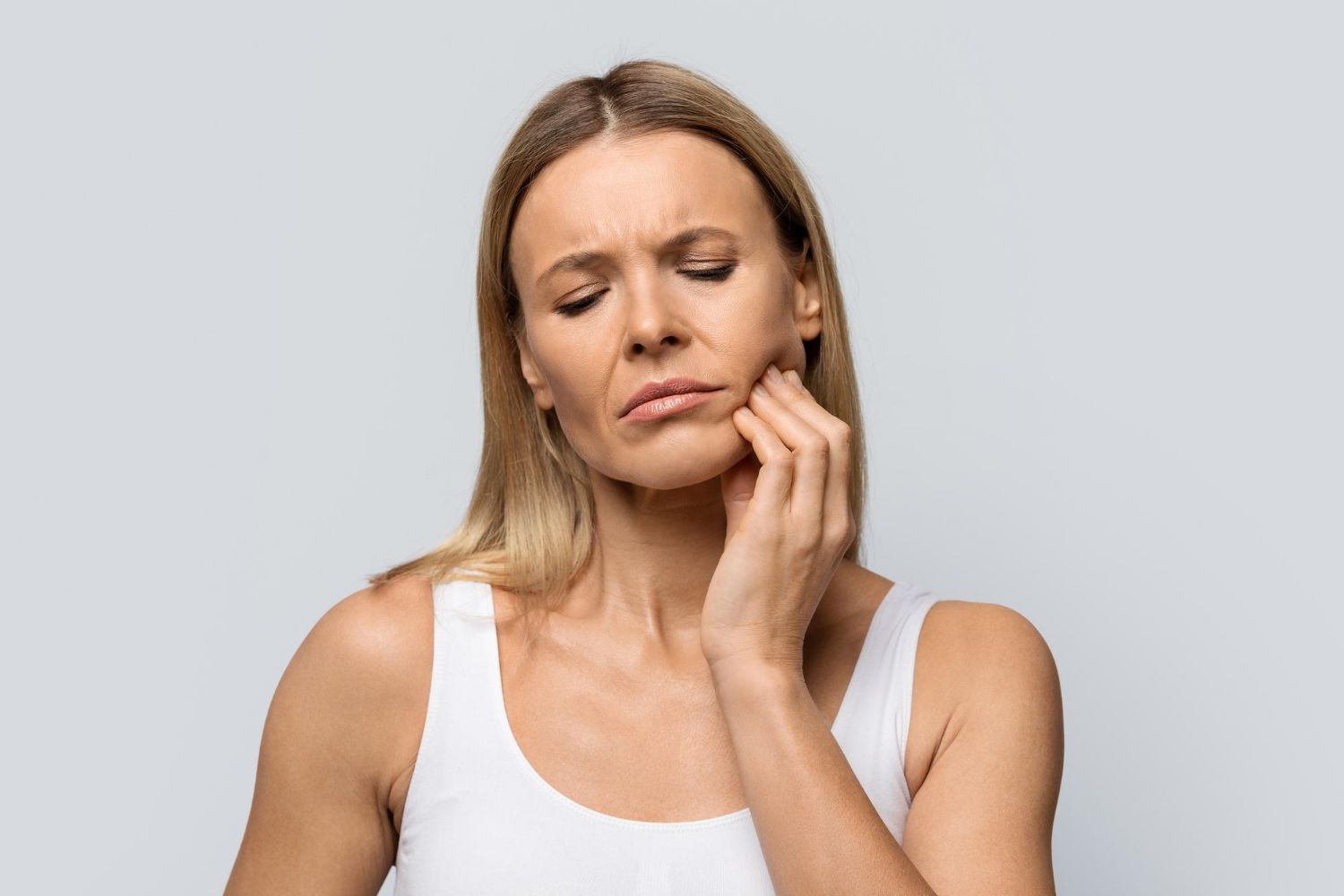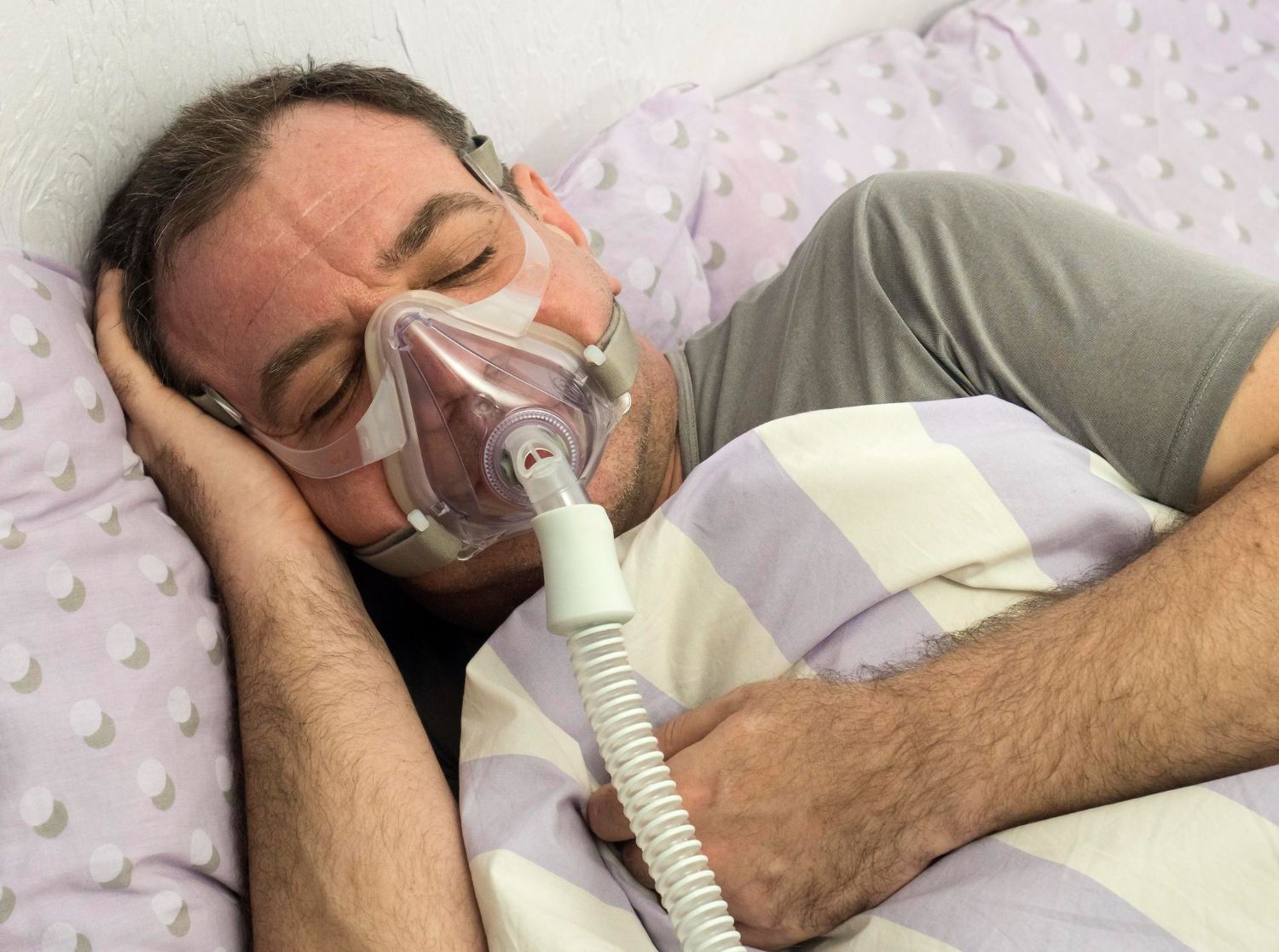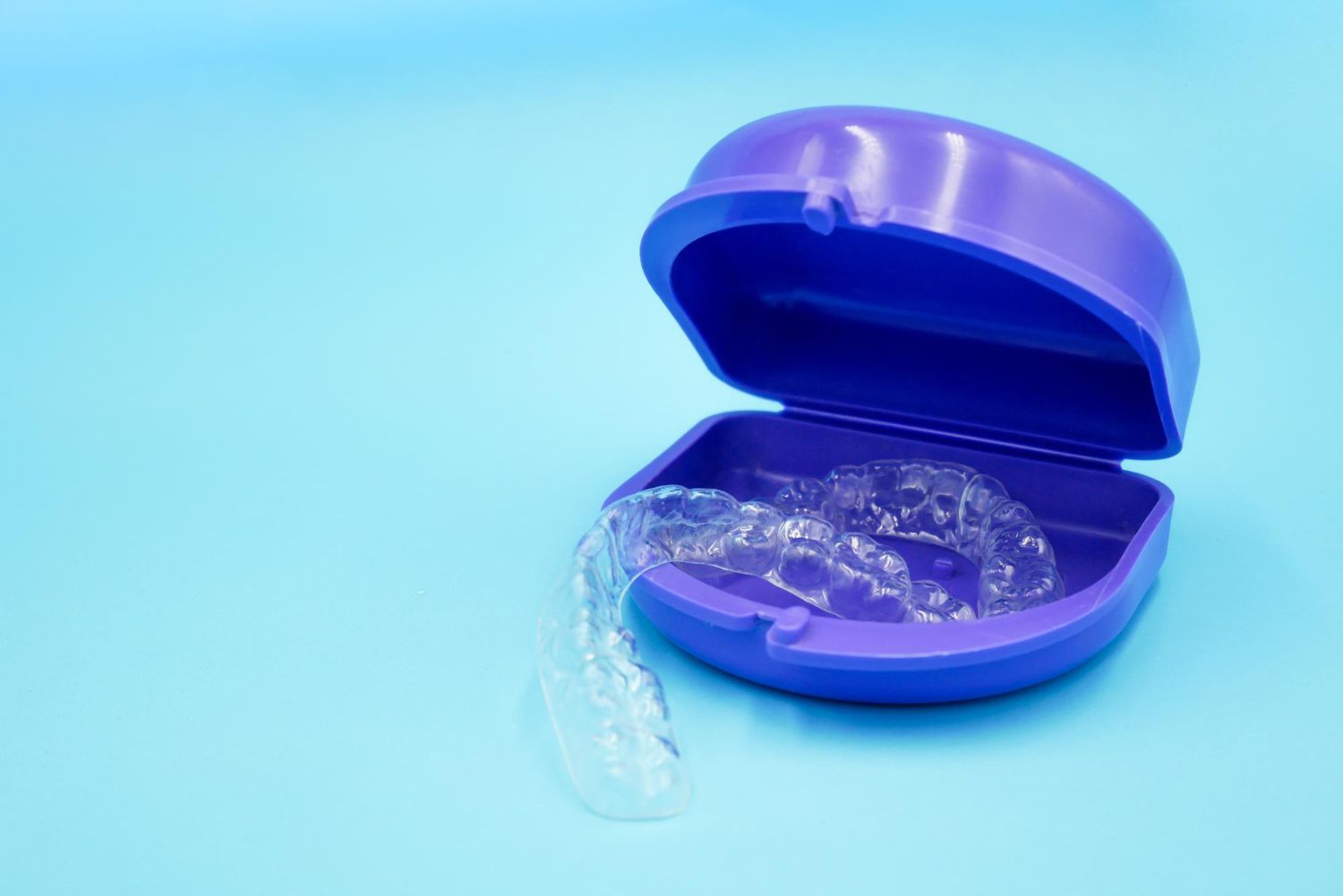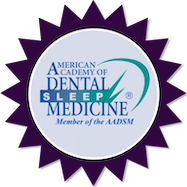Oral Health's Role in Sleep Apnea: Explore the Connection with Fuller Sleep Experts

The correlation between oral health and sleep apnea is often overlooked by individuals suffering from sleep disorders. Maintaining good dental hygiene is vital for promoting overall health and wellness, but it also plays a significant role in addressing sleep apnea symptoms and improving sleep quality. At Fuller Sleep, our dental sleep specialists and experts are dedicated to educating individuals about preventive measures, providing personalized care, and exploring innovative treatment options for sleep apnea.
In this informative article, we will elucidate the connection between oral health issues and sleep apnea, emphasizing the importance of incorporating thorough dental care into sleep apnea treatment plans. Join us as we uncover how prioritizing oral health can make a substantial impact on managing sleep apnea and paving the way to more restorative and rejuvenating sleep experiences.
The Impact of Oral Health on Sleep Apnea Risk
Several oral health factors can increase the risk of sleep apnea, highlighting the importance of maintaining a healthy mouth for overall sleep quality. Some common dental health concerns that contribute to sleep apnea risk include:
1. Tongue Positioning: A posteriorly positioned tongue can obstruct the airway during sleep. This obstruction contributes to difficulties breathing while sleeping, a common symptom of sleep apnea. Malocclusion or abnormal tongue posture may contribute to this issue.
2. Bruxism (Teeth Grinding):
According to the National Sleep Foundation, nearly 1 in 4 people with obstructive sleep apnea also suffer from bruxism. This teeth grinding habit can lead to various oral health issues, including tooth damage, gum recession, and temporomandibular joint disorders (TMD). Bruxism has been linked to an increased risk of sleep apnea since chronically grinding your teeth may alter the structure of your mouth and airway.
3. Temporomandibular Joint Disorders (TMD):
TMD may contribute to sleep apnea by altering the airway's position and structure. The resulting jaw misalignment can narrow the airway and hinder breathing during sleep, increasing the risk of sleep apnea.
Significance of Oral Hygiene in Sleep Apnea Management
Proper oral hygiene habits can help alleviate some of the dental health issues associated with sleep apnea. By addressing oral health concerns, individuals can reduce sleep apnea symptoms and achieve a better night's sleep. Effective oral hygiene practices to minimize sleep apnea complications include:
1. Regular Dental Cleanings: Scheduling regular dental cleanings and checkups can help prevent oral health issues and detect potential sleep apnea symptoms. A dental professional can identify risk factors such as a narrowed airway, inflammation, or gum disease, which can contribute to sleep apnea.
2. Treating Bruxism:
Consulting with a dental professional can provide personalized treatment plans to manage teeth grinding, including the use of a custom-fit nightguard. This device can protect tooth enamel and prevent further complications, ultimately improving airway function and reducing sleep apnea severity.
3. Addressing TMD:
Seeking professional help for TMD can reduce pain and inflammation and potentially improve sleep apnea symptoms. Dental professionals can recommend jaw exercises, prescribe medication, or suggest wearing an oral appliance to alleviate TMD issues and enhance sleep quality.
Tackling Sleep Apnea with Oral Appliance Therapy
Oral appliance therapy plays a crucial role in treating sleep apnea for individuals with dental health concerns. Custom-fit oral devices, such as mandibular advancement devices (MADs) or tongue retaining devices (TRDs), can be an effective alternative to CPAP machines. The American Academy of Sleep Medicine recommends oral appliances for individuals with mild to moderate sleep apnea who cannot tolerate CPAP therapy [2]. Dental sleep specialists at Fuller Sleep can evaluate patients’ specific sleep apnea cases and determine if an oral appliance is a suitable solution.
Improving Sleep Apnea Symptoms through Dental Surgery
In some cases, dental surgery may offer a solution for individuals suffering from sleep apnea related to oral health issues. Maxillomandibular advancement (MMA) surgery is a procedure that repositions the upper and lower jaw to increase the airway's size, thereby reducing sleep apnea symptoms [3]. Other dental surgery options, such as genioglossus advancement and uvulopalatopharyngoplasty, can also improve sleep apnea by addressing airway obstructions. Dental sleep specialists at Fuller Sleep will evaluate each patient to determine if surgical intervention is necessary and refer them to a qualified professional if needed.
The Advantages of a Holistic Approach to Sleep and Oral Health
Embracing a comprehensive and holistic approach to managing sleep apnea and oral health can lead to improved overall well-being. By taking steps such as integrating proper sleep hygiene practices, addressing stress management, and maintaining a healthy diet, individuals can support both their oral and sleep health. Moreover, consulting with dental sleep specialists at Fuller Sleep can provide guidance about sleep apnea management and oral health issues, creating a tailored treatment plan for the best possible results.
A strong connection exists between oral health and sleep apnea that should not be overlooked. By emphasizing effective oral hygiene habits, treating dental health concerns, and engaging in dental appliance therapy or surgical intervention when necessary, patients can tackle sleep apnea at its source. Trust the experts at Fuller Sleep to help manage your oral and sleep health, ultimately paving the way for a more restorative and rejuvenating night's sleep.
Transform Your Sleep and Smile with Fuller Sleep
Understanding the intricate connection between oral health and sleep apnea is vital in pursuing effective treatment and enhancing overall well-being. Addressing oral health issues by maintaining proper dental hygiene, utilizing oral appliance therapy, or considering dental surgery can substantially improve sleep apnea symptoms and contribute to a more refreshing night's sleep. At Fuller Sleep, our dedicated dental sleep specialists strive to provide personalized care and expert guidance to help you navigate your sleep apnea and oral health journey.
Don't wait any longer to take control of your sleep and oral health. Schedule a consultation with our dental sleep experts at Fuller Sleep & TMJ Solutions, and take advantage of our tailored treatment options. Contact our
sleep center in Greensboro today to unlock the life-changing benefits of better sleep and a healthier mouth.













